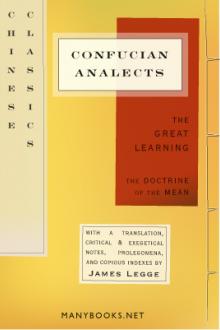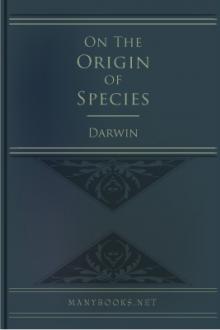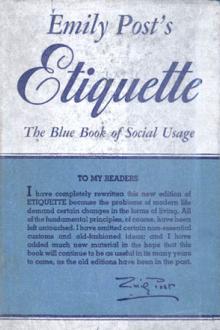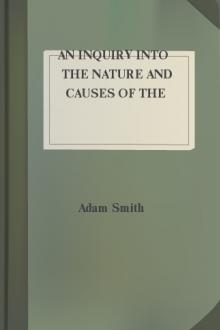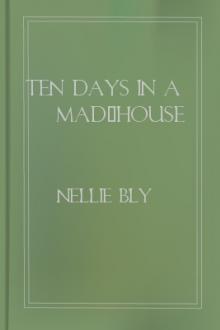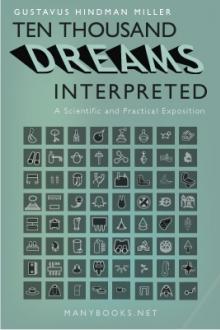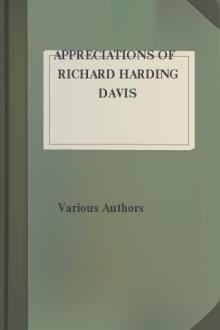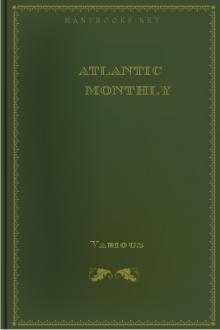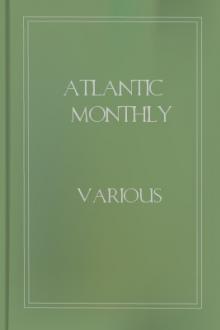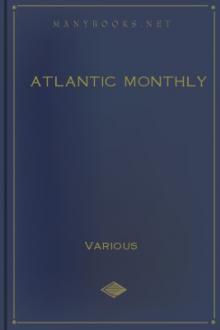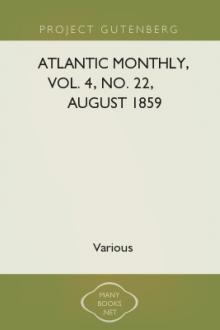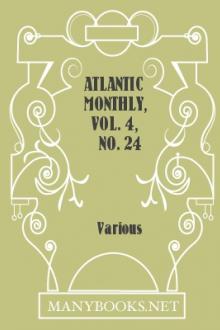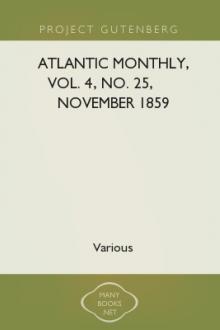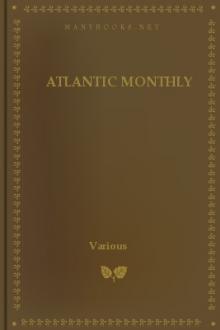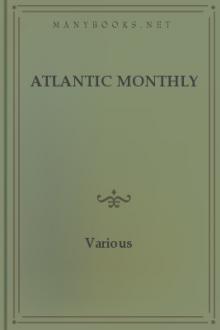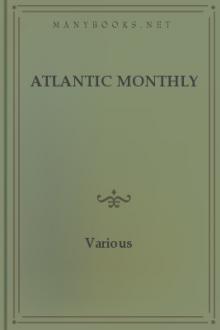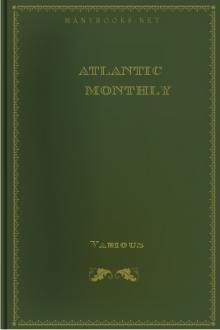Encyclopaedia Britannica, 11th Edition, Volume 9, Slice 6
Encyclopaedia Britannica, 11th Edition, Volume 9, Slice 6
English Language to Epsom Salts
Book Excerpt
the Angel-cynn as distinguished from Saxons of the Continent (see New English Dictionary, s.v.). Its modern use is mainly due to the little band of scholars who in the 16th and 17th centuries turned their attention to the long-forgotten language of Alfred and Aelfric, which, as it differed so greatly from the English of their own day, they found it convenient to distinguish by a name which was applied to themselves by those who spoke it.[5] To these scholars "Anglo-Saxon" and "English" were separated by a gulf which it was reserved for later scholarship to bridge across, and show the historical continuity of the English of all ages.
As already hinted, the English language, in the wide sense, presents three main stages of development--Old, Middle and Modern--distinguished by their inflectional characteristics. The latter can be best summarized in the words of Dr Henry Sweet in his History of English Sounds:[6] "Old English is the period of full inflections (nama
Editor's choice
(view all)Popular books in Reference, Non-fiction
Readers reviews
0.0
LoginSign up
Be the first to review this book
Popular questions
(view all)Books added this week
(view all)
No books found
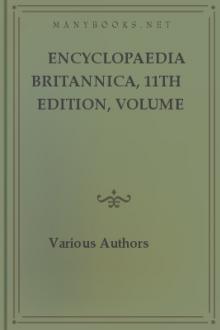
 Free Download
Free Download















